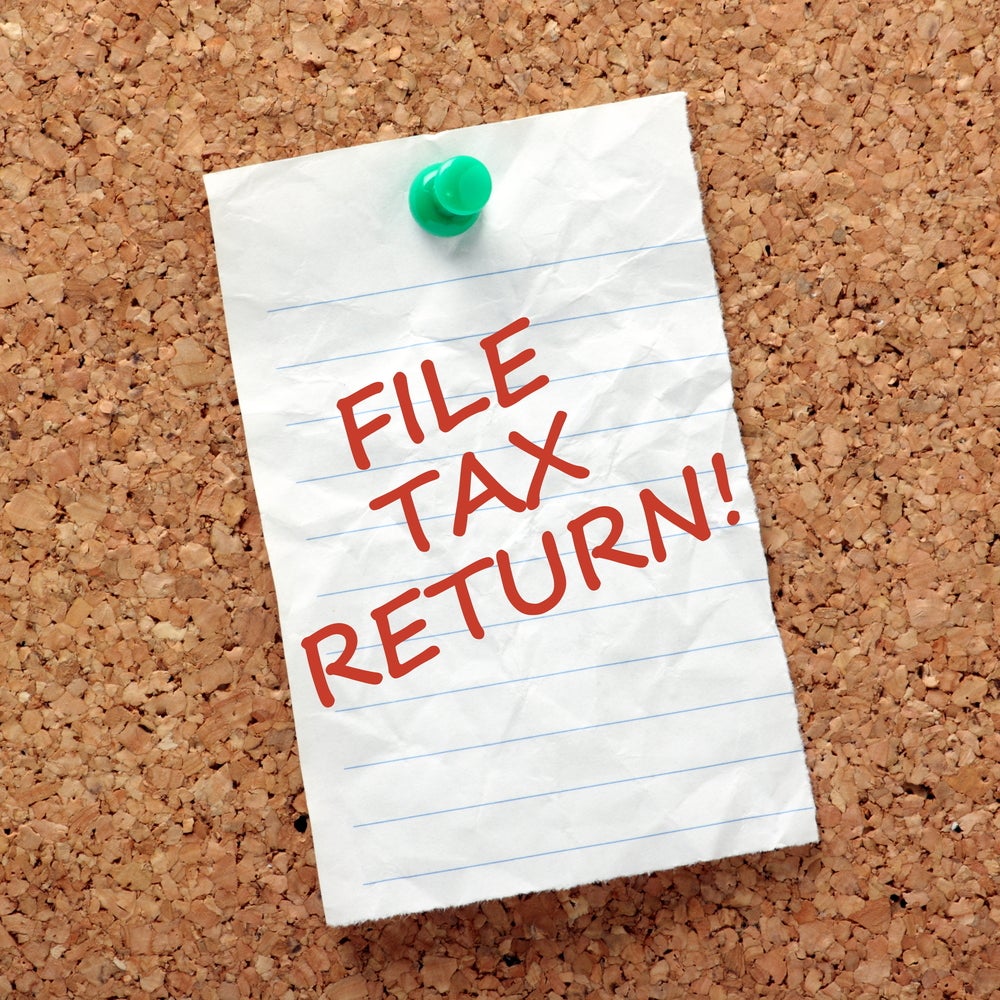
We taxpayers just don’t know what we don’t know when it comes to filing taxes every year.
But the onus is on us.
According to the IRS, each taxpayer is responsible for everything on (or omitted from) their tax return and the tax preparer is responsible for everything they had knowledge of. So, if you don’t tell your tax preparer (or tax prep program) every detail about how you earn, save and spend your money throughout the year, the only person responsible for whether you could have paid less in taxes or gotten a bigger refund is you.
See if any one of these basic tax mistakes could be costing you anywhere from hundreds to thousands of dollars this tax season.
-
Not keeping good records
It’s tough to remember every little expense, and even some of the major ones when it comes tax time. Often, you don’t know what’s important or what specific life circumstances might result in a tax credit or a tax deduction. This year, keep a folder of records of anything new in your life (a baby, a job, a spouse, a house, a car, a degree) or that you spend money on throughout the year, so you will have those records handy for inputting to your tax software or telling your tax preparer.
-
Not taking advantage of tax credits
Our federal government rewards specific financial behavior and specific groups of tax payers with tax credits which directly lower the amount of taxes you have to pay. According to a 2012 Government Accountability Office review entitled, “Improved Tax Information Could Help Pay for College” 14 percent of filers of almost 11 million eligible 2009 returns failed to claim an education credit or deduction losing an average tax benefit of $466 per return. You might miss out on tax credits of all kinds simply because you don’t tell you tax preparer what you spent money on during the year. You can claim some credits even if you don’t itemize expenses and some credits are refundable even if you don’t owe any income taxes so you could get a refund check from the IRS.
-
Not filing as early as possible (to protect yourself from tax fraud)
When you file early, you are less likely to fall victim to tax fraud and tax identity theft. That’s because when scammers try to use your social security number to file taxes in your name to get your refund, they are blocked access to your information and your return if you’ve already filed for it and gotten it.
-
Not double-checking for mistakes
Clerical errors and math accounting errors on your tax returns can result in interest, penalties and assessments and even a higher tax payment due. Double-check your filing status, number of exemptions, all bank routing numbers for receiving e-filed refunds, all social security numbers, birth dates and names. Using a tax software program to file your return can help reduce math errors because the built-in calculators add, subtract and insert numbers on other forms where necessary. But you still have to make sure you input your initial numbers correctly.
-
Not considering hiring an accountant to prepare your taxes
If you just have simple taxes such as one employer W-2 and maybe a mortgage statement, an online tax software program may be all you need. But, if you own a business, are self-employed, have investments of any kind, plan to itemize deductions, have a large family with many different types of expenses or a combination thereof, you may want a certified public account (CPA) to prepare your taxes because it is their job to use and maximize any and all tax benefits of your life. In this case, a CPA is totally worth the tax preparation fee ($261 for form 1040, according to the National Society of Accountants survey in 2014) because tax software is not meant to handle many types of complexity all in one return and can be confusing for those of us taxpayers who might make the wrong choices and not know it.
Finally, make sure you send all returns by certified mail (if not e-filing) so you have proof of on-time filing by April 15.
Questions about credit repair?
Chat with an expert: 1-800-255-0263






